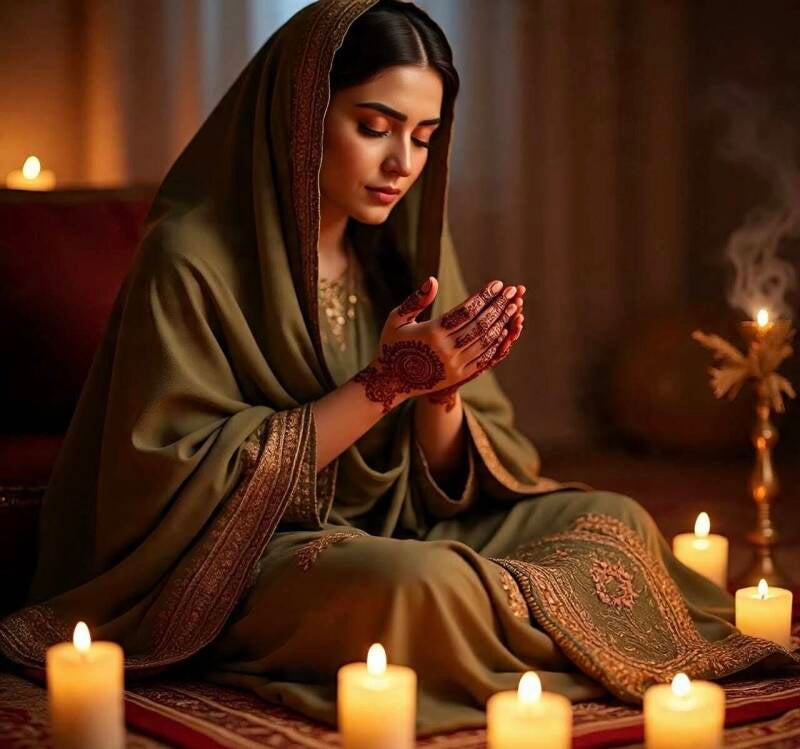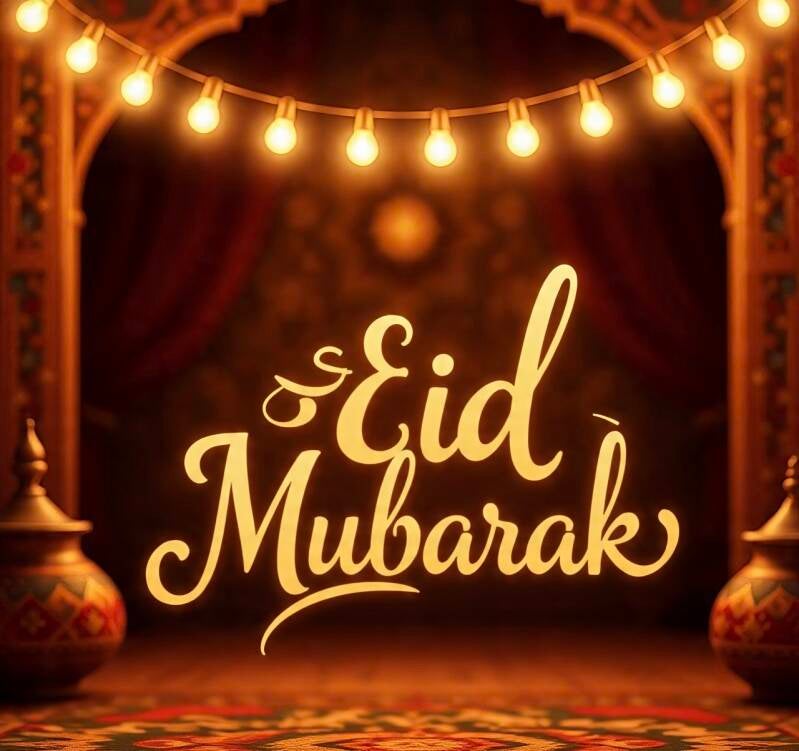
This past weekend was the second Eid of the year — Eid al-Adha — and like every year, I found myself deep in reflection. Not just on the spiritual weight of the occasion, but on the beauty, complexity, and depth of our traditions. While Eid al-Fitr and Eid al-Adha both get shortened in conversation to just “Eid,” they’re distinct in purpose and power — two celebrations, two points of connection, one faith.
Eid al-Fitr is the one most people outside of Islam are familiar with — the celebration that marks the end of Ramadan, a month of fasting, self-restraint, and heightened devotion. It’s joyful and full of gratitude, like an exhale after a long spiritual climb. We wear our best clothes, share food, and greet each other with “Eid Mubarak” as we gather in prayer and love. It’s a time to give, especially to the poor, and reflect on what we learned about ourselves and our capacity for discipline, empathy, and connection to Allah.
But Eid al-Adha — the second Eid, the “greater” one — carries an even heavier spiritual significance. It commemorates the willingness of Prophet Ibrahim (Abraham) to sacrifice his son as an act of obedience to Allah. It’s a story about surrender. About faith when it hurts. About trust even when you don’t understand the outcome. And it’s also about mercy — because just as Ibrahim was about to follow through, Allah intervened, replacing the sacrifice with a ram.
During Eid al-Adha, many Muslims around the world perform Qurbani — the sacrifice of an animal, usually a goat, sheep, or cow — to honor that moment of faith. The meat is then divided: one-third for family, one-third for friends and neighbors, and one-third for those in need. It’s a lesson in generosity and community.
This Eid is also linked to Hajj — the sacred pilgrimage to Mecca. It’s a reminder that faith is not just something we feel, but something we walk through. Physically, emotionally, spiritually. My father completed Hajj last year, and I still remember the pride in his voice when he returned. It’s a once-in-a-lifetime duty for those who are able, and it forever changes the person who performs it.
We don’t always stop to think about the duality in these two Eids — how one celebrates the completion of personal discipline, and the other honors collective sacrifice and obedience. But both hold space for growth, humility, and gratitude.
As someone who lives between identities — Pakistani, Muslim, American — the Eids are more than just holidays. They’re reminders of where I come from. They keep me grounded in a world that constantly tries to pull us in a hundred different directions. They remind me that our traditions are not just beautiful — they’re resilient. Rooted in centuries of faith, struggle, and love.
So today, as the second Eid fades and the new week begins, I carry this: gratitude for the chance to celebrate both feasts. Grief for those who couldn’t. And a renewed desire to hold onto what makes our faith rich and wide and full of meaning.
Eid Mubarak — still and always.

Add comment
Comments